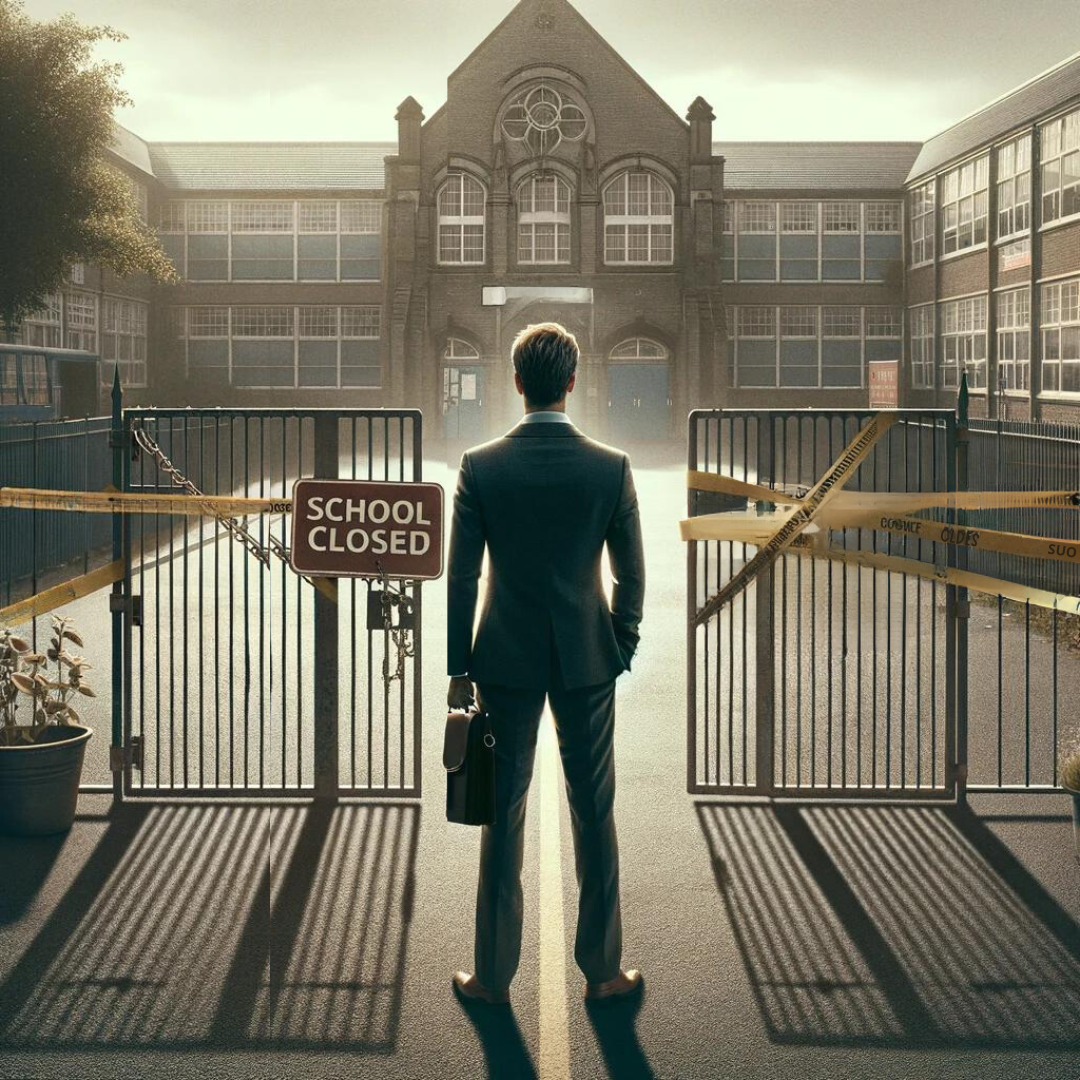School choice opponents say giving families access to education vouchers is racist. Here’s why they’re wrong.

Due perhaps to the dawning realization that they are losing, school choice opponents are now claiming, in desperation, that using vouchers as a tool to provide children with an education is racist.
Outside of education policy, using vouchers to deliver a public benefit is common and non-controversial. Public housing uses vouchers, veterans’ benefits use vouchers, federal college aid uses vouchers, and Social Security uses arguably the best voucher of all – cash.
No one calls these tax-funded programs racist.
Yet, this hurtful epithet is regularly directed at families who support learning choice. Last week KOMO Radio News reporter Carleen Johnson asked state Superintendent Chris Reykdal this question:
“What about the parents who are seeking school choice because they didn’t feel their child’s needs were met in the traditional public school in their area, and their needs are not being met there, why is that not ok?”
Reykdal responded:
“The truth is the history of vouchers is segregation. People take their money and then they go places with it, so that rather than being in their community and publicly funded schools and with publicly funded school boards, they take their money and go where they want. And as you might imagine they go to their affinity groups, whether it is white Christians getting together, or African American Christians, or Muslim families or anything else.”
Response: This response clearly insulting to parents and wrong on the facts.
Society has changed greatly since the 1960s. As a policy idea school vouchers started in the 1990s based on seminal essay by economist Milton Friedman . He noted that, just as in other areas of the economy, expanding competition improves outcomes for students as administrators seeks to attract and retain families with high quality services.
Today, nine out of ten empirical studies have shown that modern-day school vouchers lead to more ethnic and racial integration in the schools, not less.
No study found that parent choices lead to increased racial segregation. (See for example Part IV of “A Win-Win Solution, The Empirical Evidence for School Choice,” by Greg Forster, PhD, Friedman Foundation for Educational Choice, May 2016 at https://www.edchoice.org/wp-content/uploads/2016/05/A-Win-Win-Solution-The-Empirical-Evidence-on-School-Choice.pdf.)
Next Superintendent Reykdal goes on to say:
“Because we don’t own this [public school] money ourselves. If you don’t like our state parks, you don’t get a voucher so you can instead go to a private Disneyland. If you don’t like the way our U.S military is conducting itself, you don’t get a defense voucher so you can buy your own home security system, or your own private fire department. We have these core public services that are actually owned by the public where we participate in them but we don’t directly pay for them as customers, they are paid for by the taxpayer, and so a voucher program is essentially saying let’s tear down the public system and temporarily create a right of private ownership, and I just think it is a horrible idea based on what we saw after the civil war….”
Response: This sentiment is almost as uninformed as his previous one. Educating your child is not like a park, the military or a fire department. Every child is different and has different needs. Parents, not state superintendents or district administrators, know their own child best.
Administrators have no right to public money, or to children. In giving families the option of receiving a portion of taxpayer money to fund educational services for children, as is the case in 32 states and the District of Columbia, the money is serving a public purpose.
This is simply one way of fulfilling Washington state’s constitutional “paramount duty” to “make ample provision for the education of every child.”
Private school vouchers, tax credit scholarships and charter schools give parents a choice of school which works best for their child. The current zip-code-based public education system has kept too many low-income students and students of color out of quality schools.
School choice is one way to serve families better, to make administrators more responsive, and to improve the schools. Traditional public schools often work great, but when they don’t families should be allowed to seek better alternatives.
It is not racist to want the best education for your child. But get ready to be called that if you want to start an open-minded discussion about meaningful school reform. For those who are not intimidated by the name-calling, there are innovative learning options being tried in other states that may offer exciting options for children in our own state.
LISTEN TO LIV DISCUSS THIS ISSUE ON THE JASON RANTZ SHOW! (4:03)




